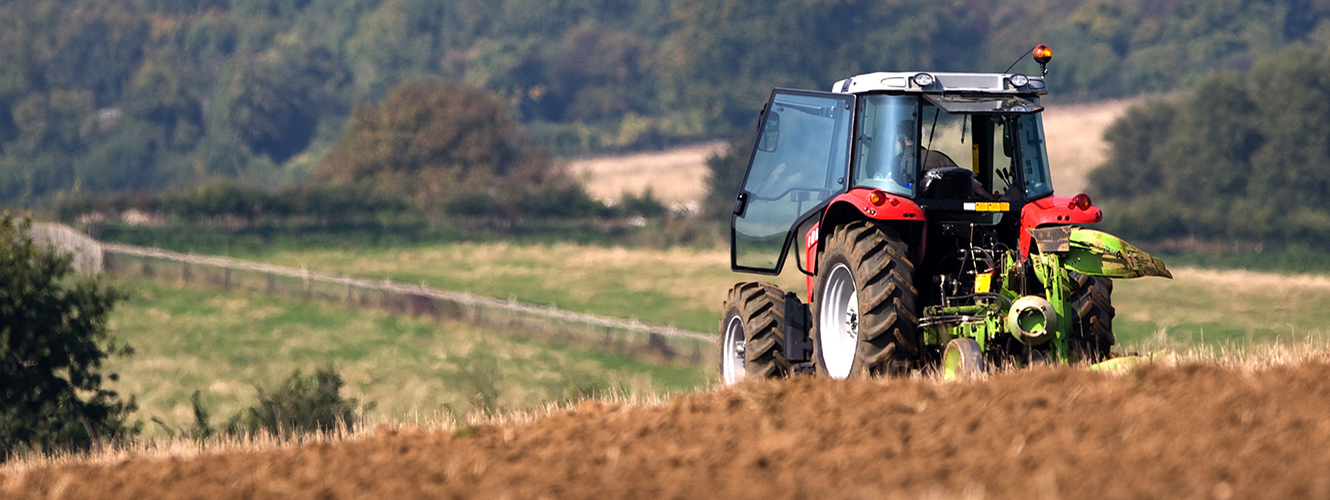
A new tribunal ruling has shown the importance of farmers keeping up farming activities in later life to claim thousands of pounds in inheritance tax relief after they die. Rebecca Ruck Keene, head of our rural services for the South Central region, comments on the case of deceased farmer Thomas Gill, who owned a small farm in Lancashire.
Although he was very active on the farm in the past, in later life Mr Gill did not own any animals and allowed neighbouring farmers to graze their livestock on his land – although he still checked on the livestock every day and helped maintain the land. When he died, his executors claimed Agriculture Property Relief (APR), paid to working farms, and Business Property Relief (BPR), paid to working businesses that are not simply holding ‘investments’, on both the land and the farmhouse. But HMRC initially refused both APR on the house and BPR on the land as they argued Mr Gill was not actively farming the land but instead was just collecting grazing fees.
However, at a First-Tier Tribunal, a judge ruled the property was in fact eligible for APR and BPR, as the farming activity on Mr Gill’s farm was enough to qualify for APR, and the activity on the farm implied it was much more than simply an ‘investment’. In the wake of this tribunal, Rebecca is advising farmers to be as active as possible on their farms, keep evidence of maintenance work undertaken and document any grazing arrangements to make it clear to HMRC that the holding is still being farmed.
She said: “This tribunal has shown how important it is for farmers to document their grazing arrangements and maintenance activities to show they are still actively farming the land in order to claim relief on inheritance tax. They should continue to undertake as much of the farming work as they can, which may be through the use of contractors provided that the farmer is paying for them and instructing them. If farmers do nothing but collect a grazing fee, there may be a risk that HMRC will not consider them to be farming the land, which would in turn result in their farmhouses not being eligible for BPR or APR.
Furthermore, there may be a risk that their land would not benefit from BPR, meaning that any non-agricultural value would be subject to inheritance tax. As long as farmers are careful, they should be able to demonstrate that APR and BPR will apply to their property, meaning their relatives will inherit far more than they might otherwise have been able to.”
Our rural property consultants are dotted across the UK and can help you fully understand, and prepare for, all sorts of scenarios involving tax, relief, succession planning and diversification on your farmlands. Find out more about what we do here





